The metaverse has extended to the animal population, with cows being given their own VR headset to improve milk production.
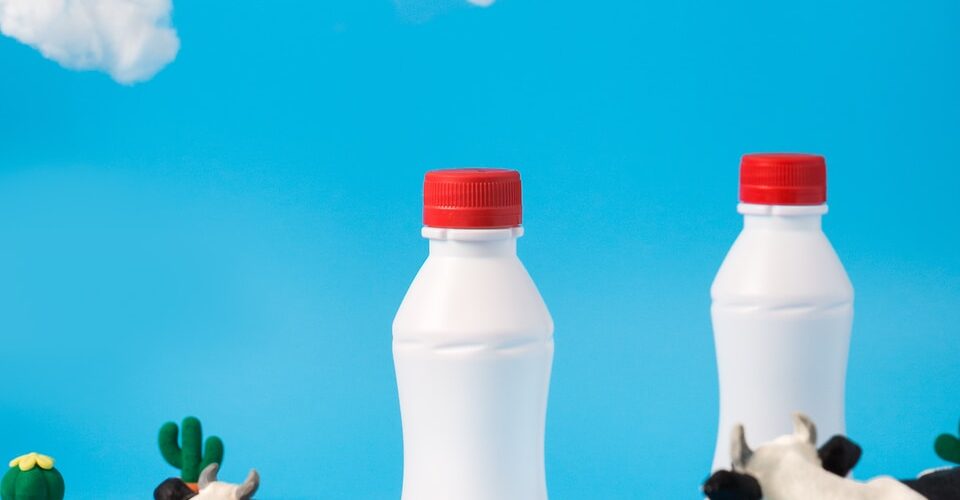
A rancher in Turkey, Izzet Kocak, argued that extreme cold in winter forces cows inside but with the help of VR he can trick them into thinking they’re in an idyllic natural setting. This improves a cow’s mood and has a positive effect on their milk output.
So what?
Whilst the headset has the desired impact on milk production, the ethical and moral dilemma of tricking animals to believe an idyllic lie to benefit human consumption remains.
Unlike in people, there is no way to measure the impact technology has on animals – especially those that are sharply bought back to reality when their headset is removed.
There are no records of other animals joining the metaverse, but if it has economic benefits for ranchers could we see other farm animals wearing the technology?
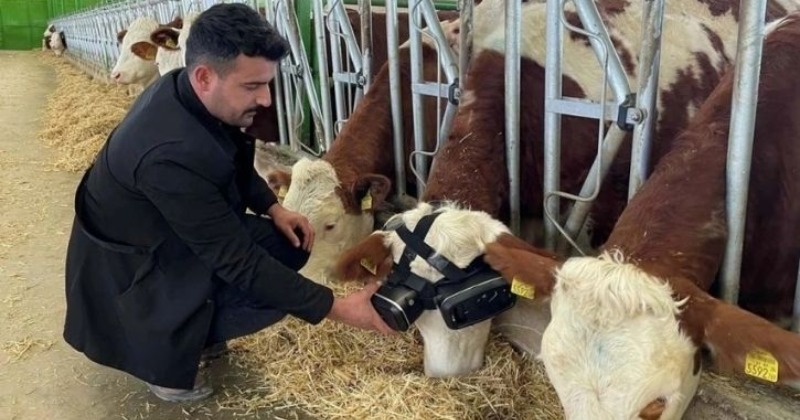



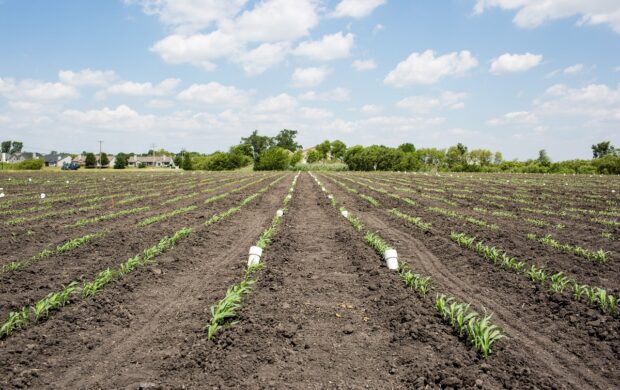
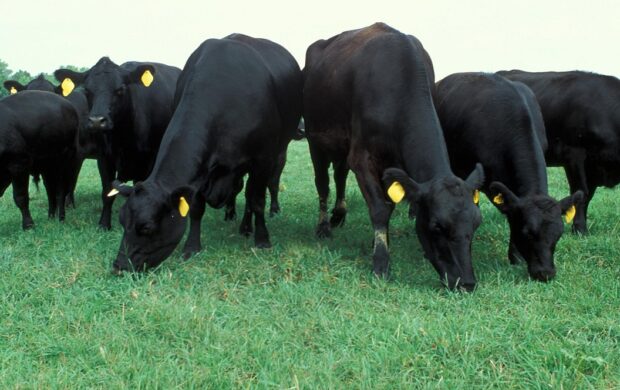




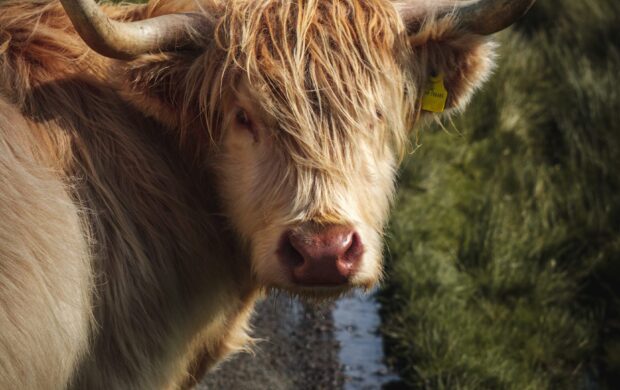
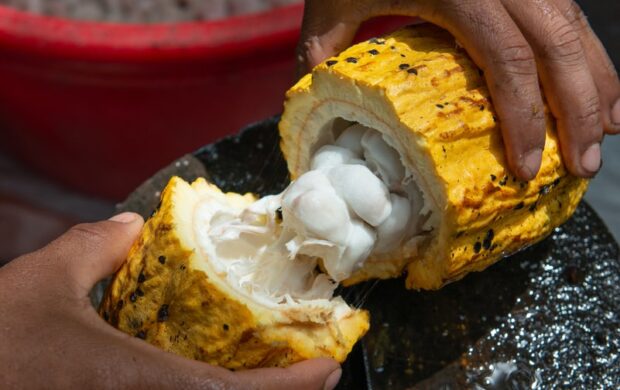
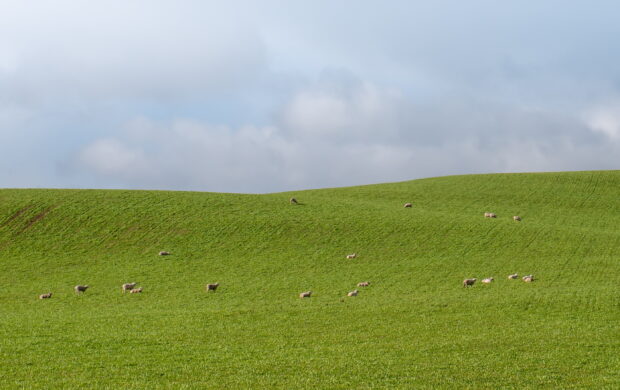

Join discussion